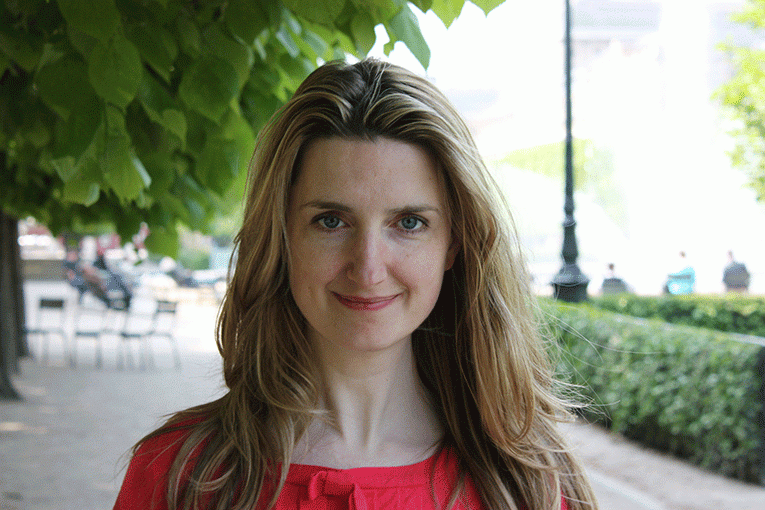VLADIMIR ASHKENAZY CONDUCTS THE PHILHARMONIA AT THE CORN EXCHANGE
Vladimire Ashkenazy conducts
Vladimir Ashkenazy has been on the scene so long, no one likes to even ask how old he is. His fame sprang from the grand days of Soviet patronage of the Arts: he received an outstanding musical education at the Moscow Conservatoire and as a virtuoso pianist he collected international prizes from all over the world like so many hard won coconuts. At the age of 26 he was a national treasure in Russia – and subject to the rigid rules of an authoritarian regime.
At the Conservatoire he met and fell in love with, a cool Icelandic blonde Þórunn Jóhannsdóttir a fellow musician . Trouble was ahead. The strict rules of the Soviet State presented some stark choices for the couple. With parents in the west, his new bride wanted freedom to see them. Vladimir made a move. He came to London on a trip, married his beloved and stayed there.
President Khrushchev was not amused. Ashkenazy was a prime Russian trophy not to be lost .
But this made the brilliant musician free to perform wherever and for whomever he wanted. He became a watchword for piano brilliance. There was no one like him. Last night an audience member remembered going into Heffer’s music shop with his mother 35 years ago. On the shop’s sound system was Ashkenazy paying Schubert. He was immediately entranced, it was the first piece of classical music he had fallen for. His mother offered to buy it for him.
“But here’s another version, a whole £3 cheaper” I announced. “ Let’s get that”
My mother was firm “ If you found a Beatles record done by someone else would you buy it to save three quid? ‘She asked, I was aghast. ‘No I wouldn’t”
‘Ashkenazy is like that. The best.’ my mother declared. ‘Only his version will do’
Thousands of people down the years felt the same. From his first days as a musician he has been the most accomplished, the most sensitive, the most brilliant. And now his piano recordings are sellouts and his playing days limited, he has turned his incomparable talent to conducting, something he has always loved doing.
Last night he enthralled a jam-packed Corn Exchange with the Philharmonia orchestra straight from London. There was an unusual opener by Grieg written to honour his fellow Norwegian the dramatist Holberg. Grieg was reluctant to write it all and less keen on conducting it in the open air before the newly erected statue of the “Molière of the North’ in Bergen. His delicate health made him fearful of the extreme cold but he did it anyway - with a heavy heart “ I suppose there is more than one way of dying for your country ‘ he announced as he took his stand in the sub- zero temperatures on the market square before the new effigy. For all Grieg’s coolness towards his own work, it is wonderfully light and memorable – in fact you’re sure you’ve heard many of its melodies before and you probably have.
Brahms was next up, his Violin Concerto in D. Japanese Shayaka Shoji is a violinist with an international reputation. Beautiful graceful serene, all describe the way she walks on stage and her playing matches her mien. She was simply heroic. A battle with the orchestra, the violin concerto is passionate full of meaning and seared with suffering. Brahms despaired of it – it had taken him twenty years to get it right – and he threw its successor into the fire. But last night’s performance under the precision of Ashkenazy’s baton demonstrated that the work was not short of brilliant.
The concert finished with Dvorak’s New World Symphony. This was a monumental marvel from the Philharmonia entirely at one with their famous conductor. The melodies poured out. They were all wonderful, including the “Hovis Ad’ rendered on oboe in heart melting nostalgia.
Rapture greeted the end of the concert. Everyone felt they’d seen the Master in action and it was a great celebration of divine music written to delight even on a Cambridge winter’s evening.
Vladimir Ashkenazy has come a long way in his long life. Doubtless he has seen grander concert halls than the Corn Exchange (the brisk Arctic wind blowing through the auditorium probably made him feel at home) but the warmth of the reception would be hard to beat in any part of the musical world.







